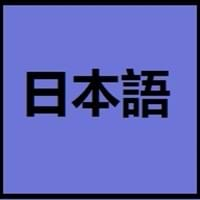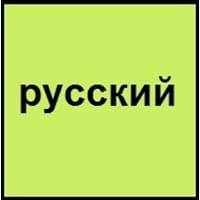Japanese vs Russian
- In Japanese Language, there are 4 different ways to address people: kun, chan, san and sama.
- There are many words in Japanese language which end with vowel letter, which determines the structure and rhythm of Japanese.
- In Russian language, the words are not pronounced as they are written.
- In Russian language, there are only 200,000 words out of which only few words are used and due to this many words have more than one meaning.
Japanese and Russian Language History
Comparison of Japanese vs Russian language history gives us differences between origin of Japanese and Russian language. History of Japanese language states that this language originated in 1185 whereas history of Russian language states that this language originated in 1000 AD. Family of the language also forms a part of history of that language. More on language families of these languages can be found out on Japanese and Russian Language History.
Japanese and Russian Greetings
People around the world use different languages to interact with each other. Even if we cannot communicate fluently in any language, it will always be beneficial to know about some of the common greetings or phrases from that language. This is where Japanese and Russian greetings helps you to understand basic phrases in Japanese and Russian language. Japanese word for "Hello" is こんにちは (Kon'nichiwa) or Russian word for "Thank You" is спасибо(spasibo). Find more of such common Japanese Greetings and Russian Greetings. These greetings will help you to be more confident when conversing with natives that speak these languages.
Japanese vs Russian Difficulty
The Japanese vs Russian difficulty level basically depends on the number of Japanese Alphabets and Russian Alphabets. Also the number of vowels and consonants in the language plays an important role in deciding the difficulty level of that language. The important points to be considered when we compare Japanese and Russian are the origin, speaking countries, language family, different greetings, speaking population of these languages. Want to know in Japanese and Russian, which language is harder to learn? Time required to learn Japanese is 88 weeks while to learn Russian time required is 44 weeks.





